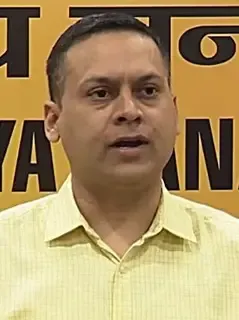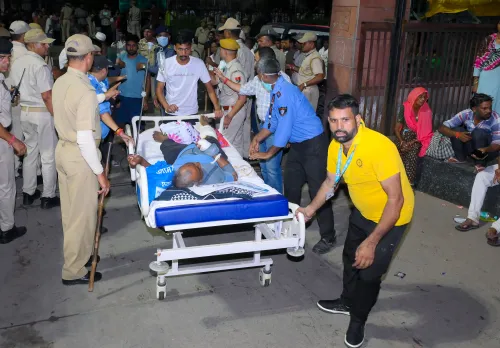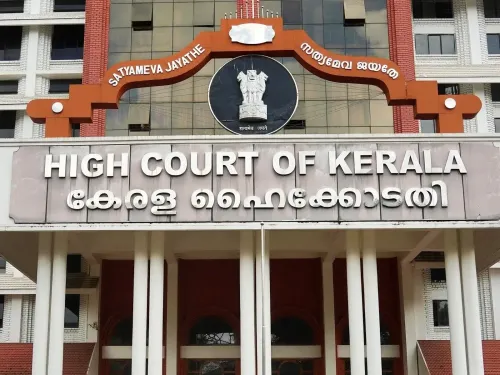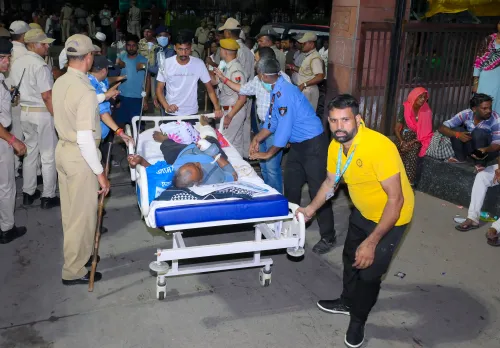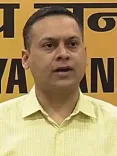Why Can't the SIR Be Discussed in Parliament? Kiren Rijiju Explains
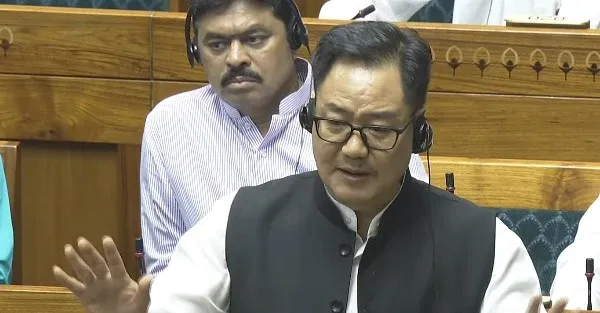
Synopsis
Key Takeaways
- Kiren Rijiju stated that SIR cannot be discussed in Parliament.
- The issue is sub-judice, under the Supreme Court's consideration.
- Opposition alleges voter disenfranchisement in Bihar.
- Parliamentary rules prohibit discussion on matters under judicial review.
- Election Commission's role is to ensure free and fair elections.
New Delhi, Aug 6 (NationPress) Union Parliamentary Affairs Minister Kiren Rijiju stated on Wednesday that the Special Intensive Review (SIR) of electoral rolls, conducted by the Election Commission of India (ECI), cannot be addressed in Parliament due to its sub-judice status, which contravenes the procedural rules governing the House.
Since the onset of the Monsoon Session, Opposition MPs have been consistently interrupting both the Rajya Sabha and Lok Sabha, demanding a debate on the SIR, currently underway in Bihar as the state approaches Assembly elections.
The Opposition alleges that the SIR initiative is a tactic to “disenfranchise genuine voters” in Bihar.
While addressing the Lok Sabha amidst the Opposition's ongoing protests, Minister Rijiju remarked that despite the House being disrupted for several days, the government is still willing to engage in discussions on any issue.
However, he emphasized that any debate in Parliament must adhere to constitutional provisions and the established rules of procedure and conduct in the Lok Sabha.
“Regarding the SIR, which the Opposition is using to disturb the House from day one, it is well known that the matter is currently under review by the esteemed Supreme Court and is thus sub-judice,” he stated.
Rijiju pointed out that under Rule 186 of Part 8, “any matter can only be discussed in the House if it does not pertain to a subject that is under judicial examination.”
He further noted that according to Rule 352(1), a member of the House is prohibited from addressing any fact on which a judicial decision is pending.
“The issue the Opposition is attempting to raise is evidently sub-judice, thus a discussion on this topic cannot occur in this House,” Rijiju asserted, adding, “The matter involves the duties and responsibilities assigned to the Election Commission, an autonomous entity.”
“Historically, it has been established in this House that issues under the jurisdiction of the ECI cannot be discussed here,” he recalled, citing an instance from December 1988 when an MP sought to address the ECI's operations, and was denied permission by then Lok Sabha Speaker Balram Jakhar.
Rijiju also reiterated that Rule 352 sub-clause 5 prohibits reflections on the conduct of individuals in higher authority during general discussions.
“The rules are unequivocal. The House cannot engage in discussions concerning the operations of an autonomous entity like the ECI. I ask the Opposition: Are you intent on violating the rules established by this House? Are you disregarding the provisions of the Constitution of India? Do you respect the laws of this nation?” he questioned.
“I urge the honorable members of the Opposition. Please allow the House to function; let us engage in discussions and debates without disrupting the business of the House. We were elected to address and debate significant issues affecting our country,” he concluded.
Despite Rijiju's appeals, the Opposition continued to voice their strong allegations of manipulation and voter suppression, maintaining their disruptive tactics.

